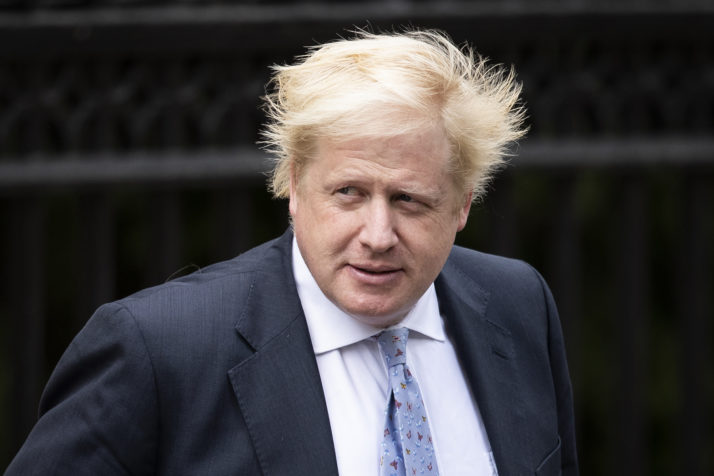Posted on Jan 29, 2020
Brexit Day is to be set in stone Wednesday when the European Parliament in Brussels casts a vote ratifying the terms of Britain’s divorce deal from the EU.
The historic legislative act — the last for the 72 remaining British MEPs who will leave afterwards — will allow Brexit to officially take effect on Friday at 2300 GMT, midnight for most of continental Europe and 11:00 pm in Britain.
British Prime Minister Boris Johnson insists that date will see Brexit “done”. But the EU underlines that the next, thornier phase of the split — working out a treaty to define the future relationship between the two sides — is about to begin.
Those negotiations are to go to late this year. At the end of 2020, a transition period easing Britain out of EU rules and regulations will expire, unless extended by both sides — something Johnson has ruled out.
The transition period, a standstill provision, means ordinary Britons and EU citizens will see little visible change, and indeed London will continue to contribute to the EU budget.
But from this weekend onward, Britain will be excluded from the EU’s institutions and decision-making.
It will officially be what the bloc calls a “third country” — a non-EU state. A close neighbour, and an important trade and security partner, but on the outside of Europe’s single-market club, reduced to 27 nations and a combined population of 450 million.
“Brexit is a loss for us all,” European Commission Vice President Maros Sefcovic said after a regular EU ministers’ meeting on Tuesday.
He said it was important for the EU “to maintain our unity” as it negotiates the future partnership with the UK.
The British minister for Europe attending the meeting, Christopher Pincher, expressed optimism on what that would yield. “We’re looking forward to a very different world and a very different relationship,” he said.
– UK goes solo –
The divorce deal, or “withdrawal agreement”, to be ratified Wednesday, protects the rights of EU and British citizens currently residing in each other’s territory, Britain’s financial obligations, and a customs regime that will keep the UK territory of Northern Ireland largely under European rules.
Britain’s Johnson and Queen Elizabeth II and Brussels’ most senior officials signed off on the accord last week. Ratification by the European Parliament is a formality, albeit a necessary one under European law.
